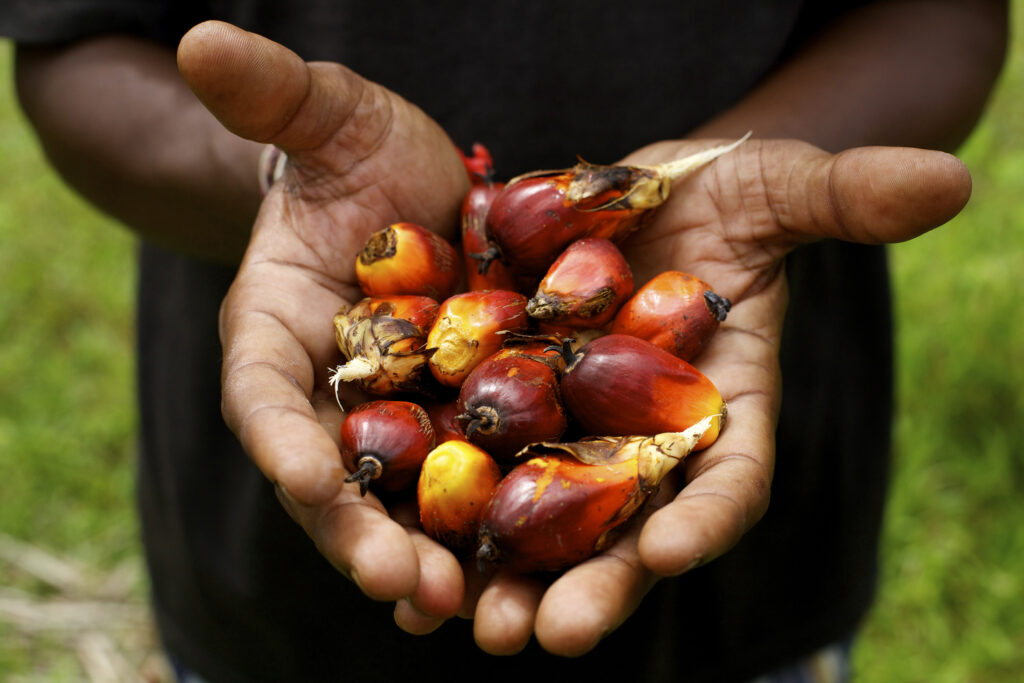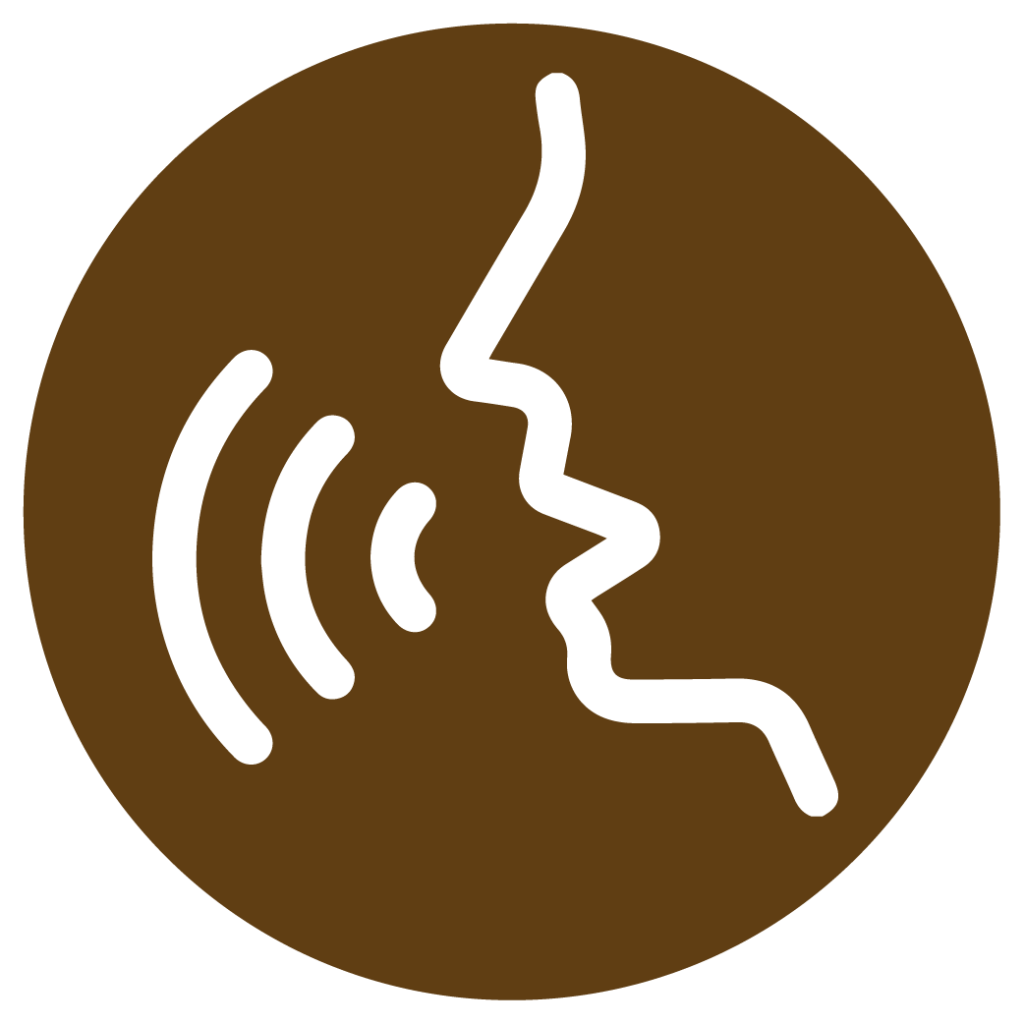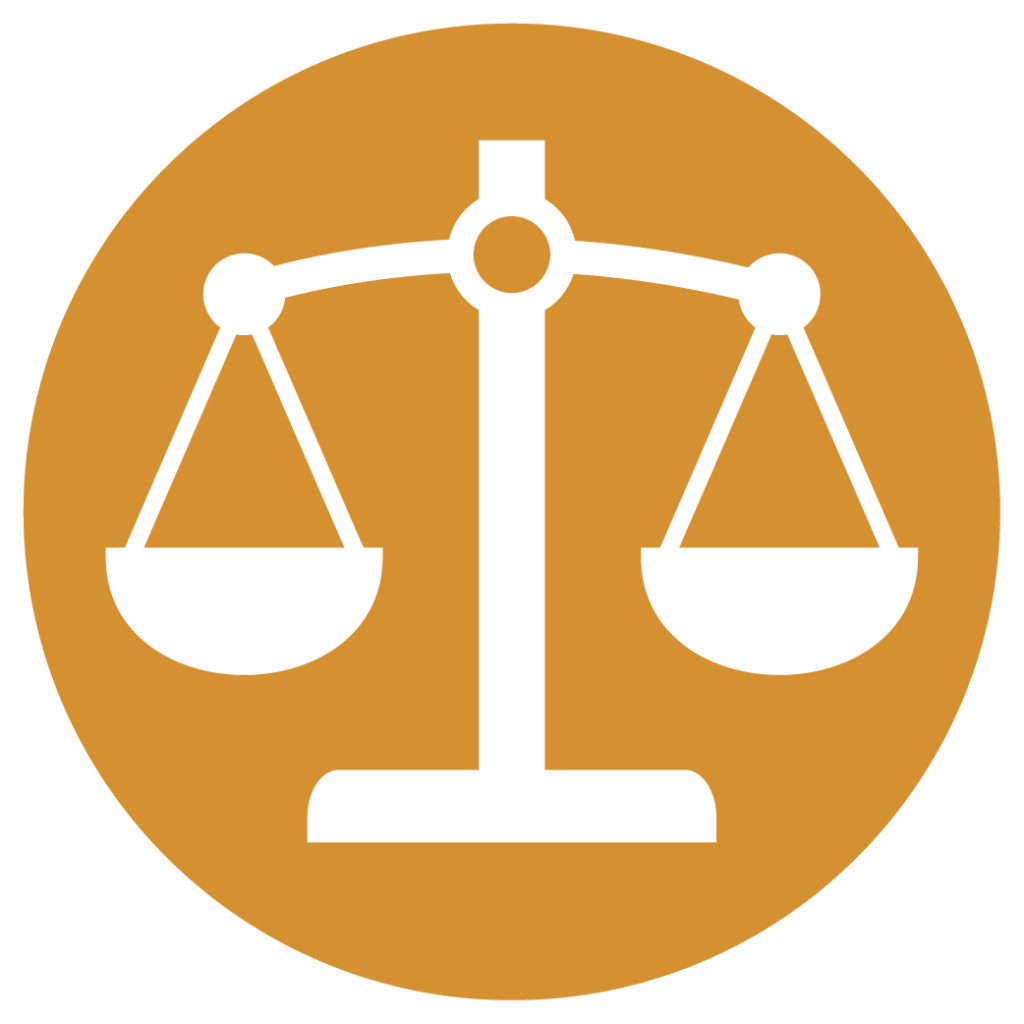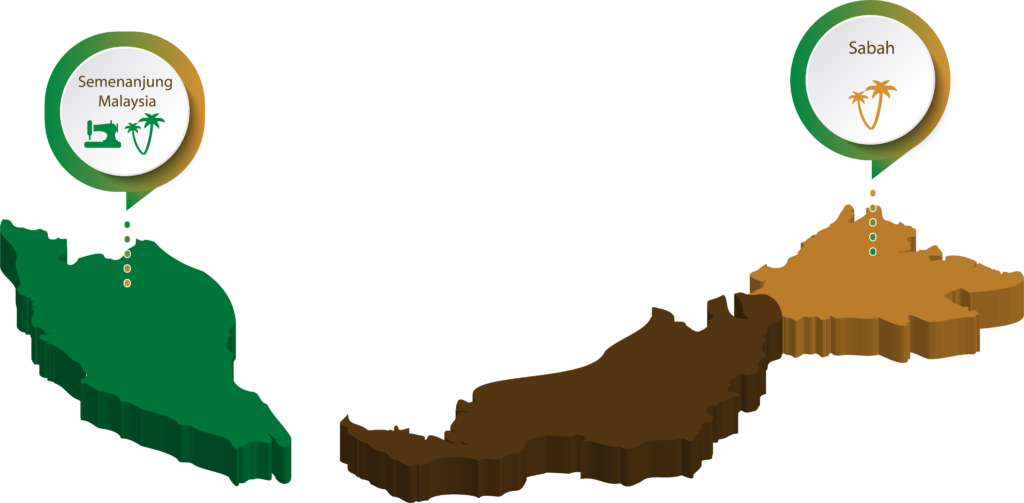
MY Voice seeks to increase worker voice in social compliance systems and help to improve communication and coordination between local actors to better identify, remediate, and prevent cases of forced and child labour within the palm oil and garment industries.
Strengthening worker voice improves company labour performance and relationships between employer and workers. When workers feel comfortable expressing concerns, it boosts morale, increases productivity, and reduces risk through the identification of workplace issues and improving employee understanding and adherence to processes.
MY Voice also supports and furthers government efforts to reduce forced and child labour by strengthening local systems that can help workers and businesses thrive together. This includes private sector social compliance systems in line with international labour standards, independent forced labour and child labour remediation systems, and multi-stakeholder platforms that help ensure broad alignment on core principles and practices.
Project Objectives

Increase ability of workers and civil society to advocate and work with businesses to address child labour and forced labour

Increase worker voice in the implementation of social compliance systems

Increase access to remedies for workers exploited for forced labour and/or child labour by improving systems in the private sector
Risks in Malaysian Palm Oil & Garment Industries
Large Migrant Workforce
Estimated 40% of Malaysia’s workforce is made up of migrant workers who lack protections and may be at higher risk for labour abuse.
Risky Recruiting Practices
High recruitment fees, false job representation, withholding of travel documents & lack of union representation for migrant workers.
Population of Stateless Children
Presence of “stateless” children and undocumented children.
Negative Business Impacts
Uncontrolled labour risks negatively affect business capacity, labour relations, supply chain resilience, and other aspects of business success.
Target Areas
The MY Voice project is being implemented mainly in the Sabah and Semenanjung regions of Malaysia, where the palm oil and garment industries are concentrated. The project’s activities will take place here, with project headquarters in Kuala Lumpur.

Project Timeline
The MY Voice project will be implemented over the course of 4.5 years, from December 2021 to May 2026.
- Year 1 – Landscape Analysis, Stakeholder Engagement, Baseline Assessments
- Years 2-3 – Develop resources and tools, conduct training and capacity building, understand and enhance remediation processes
- Years 4-5 – Complete training and capacity building, conduct cross-sector facilitation, publish resources, remediation processes fully developed and functioning.

Photo credits: Nafise Motlaq / World Bank (palm oil kernels)
